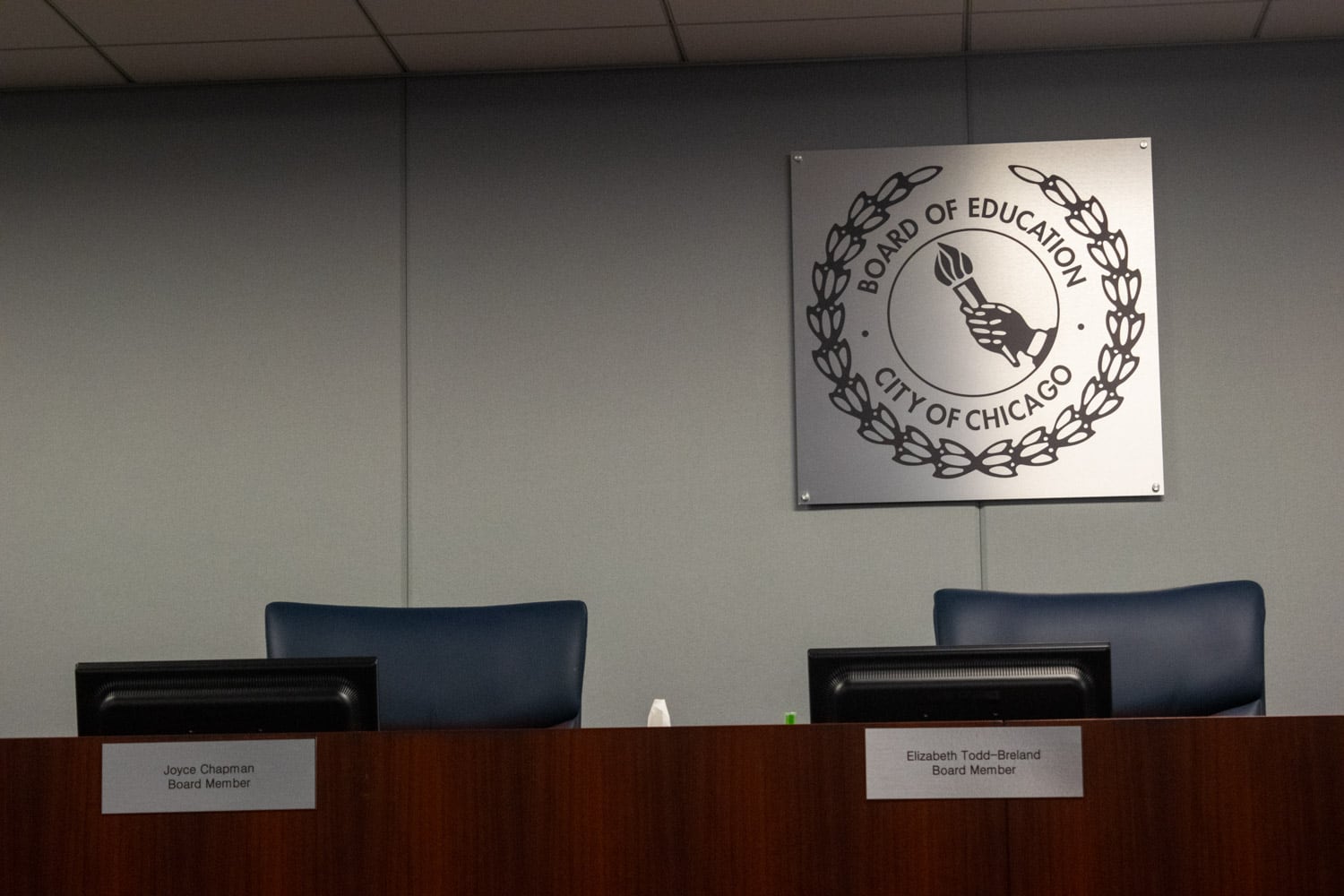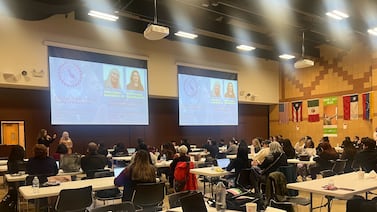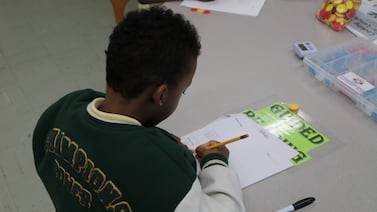Chicago Public Schools teachers will no longer be docked pay when taking a religious holiday.
The Board of Education approved the change last week, overturning a yearslong policy that deducted the cost of hiring a substitute from the teacher’s salary. Different types of substitutes are paid at different daily rates, ranging between $170 to $264, according to the teachers union contract.
“I have friends who couldn’t afford to take off for Rosh Hashanah or Yom Kippur because they couldn’t afford to lose that money,” said Wendy Weingarten, a physical education teacher at Lasalle II Magnet School, who’s advocated for a change since 2016.
Teachers will still get three paid days off for religious holidays, such as the Jewish holy day Yom Kippur. But now, they must provide seven days advance notice before taking their holiday, instead of the previously required two days.
In a statement, district spokesperson Samantha Hart said the change was the result of feedback from teachers, school leaders, families, and others in the community.
“This is an important first step in ensuring that CPS’ holiday pay policy better reflects the values and diversity of the District and our staff,” Hart said.
During the board meeting, Chicago Teachers Union president Stacy Davis Gates said it was “shameful” that the policy had remained unchanged for so long.
Chicago’s public schools are off on seven federal holidays, including Labor Day, Indigenous Peoples’ Day, Veterans Day, Thanksgiving, Martin Luther King, Jr. Day, Presidents’ Day and Memorial Day, according to the calendar.
Weingarten and Davis Gates noted that the district’s holiday schedule aligns with Christian holidays. While not denoted as an official holiday, Christmas is included in the district’s two-week winter break. Good Friday is typically included at the end of the weeklong spring break.
The district said the old religious holiday policy for teachers stretches back at least a decade. Weingarten, who has worked for CPS for 25 years, said she’s always been docked pay for taking off on Yom Kippur and Rosh Hashanah.
Eliminating that requirement will cost the district about $250,000 a year, a spokesperson said.
Weingarten said she began formally pressing the board for a change in 2021, when the start of the school year clashed with Rosh Hashanah. But she didn’t receive an explanation for why the district didn’t want to change the policy.
The next year, Weingarten said she filed a complaint with the federal Equal Employment Opportunity Commission, which investigates employee discrimination. She does not know the status of that complaint. She mentioned it to district officials during a joint meeting this April with the teachers union and CPS over the school calendar, after getting pushback about changing the religious holiday policy.
A district spokesperson did not directly say whether the policy change was sparked by the federal complaint. However, they said the change was a “preliminary step in remediating the inequities related to pay,” and that the district will review other board rules “to ensure our policies reflect the values of our diverse workforce.”
Correction: Sept. 1, 2023: A previous version of this story said Wendy Weingarten began advocating for a policy change in 2014. She began advocating for the change in 2016.
Reema Amin is a reporter covering Chicago Public Schools. Contact Reema at ramin@chalkbeat.org.






